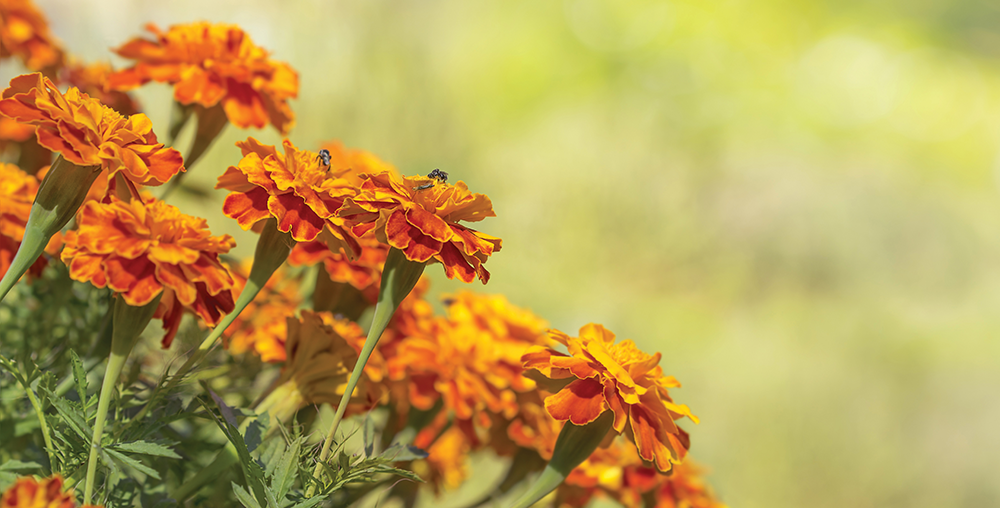When you think of gardening you may think of planting pansies in the spring or hydrangeas in the summer. But tending to your garden in the fall is a great way to get outside and continue growing your plants and flowers.
Gardening offers a variety of benefits to your overall health and wellness. It provides the perfect opportunity for you to get outside and connect with nature, and can improve your mental wellbeing.
“It’s interesting to garden and it’s fun to watch plants grow,” says Julie Weisenhorn, Extension horticulture educator and associate professor at the University of Minnesota. “It’s a challenge and helps keep your brain problem solving.” An expert in the field, Weisenhorn works extensively with the Minnesota Landscape Arboretum and hosts Smart Garden on WCCO radio. She says that fall is the perfect time to get in your garden, as it is warm during the days but cools off in the evenings, helping to keep plants from drying out. Here are some tips Weisenhorn offers for fall gardeners.
Healthy soil, healthy plants
When preparing the soil for fall gardening, adding mulch is an important way to make sure your plants will bloom beautifully. In the fall, dead leaves that fall from trees are great sources of soil mulch. Leaf mulch moderates soil temperature, holds in moisture, reduces weeds and adds nutrients and carbon to your soil.
Pick your plants
Late season blooming perennials are a great choice for floral fall gardening, and two types of perennials Weisenhorn recommends are Monardas and Asters. Monardas can be deadheaded for a second bloom before the season is over. Asters can provide a burst of color in your garden and thrive during autumn’s shorter days.
Consider raised beds
If you struggle getting low to the ground when gardening, Weisenhorn suggests using raised beds that are 24–30 inches high. A free-standing bed should be a maximum of 48 inches across, so you can reach all areas of your garden.
Get connected
To learn more about fall gardening or to ask a question from an Extension Master Gardener, visit extension.umn.edu/yard-and-garden.


